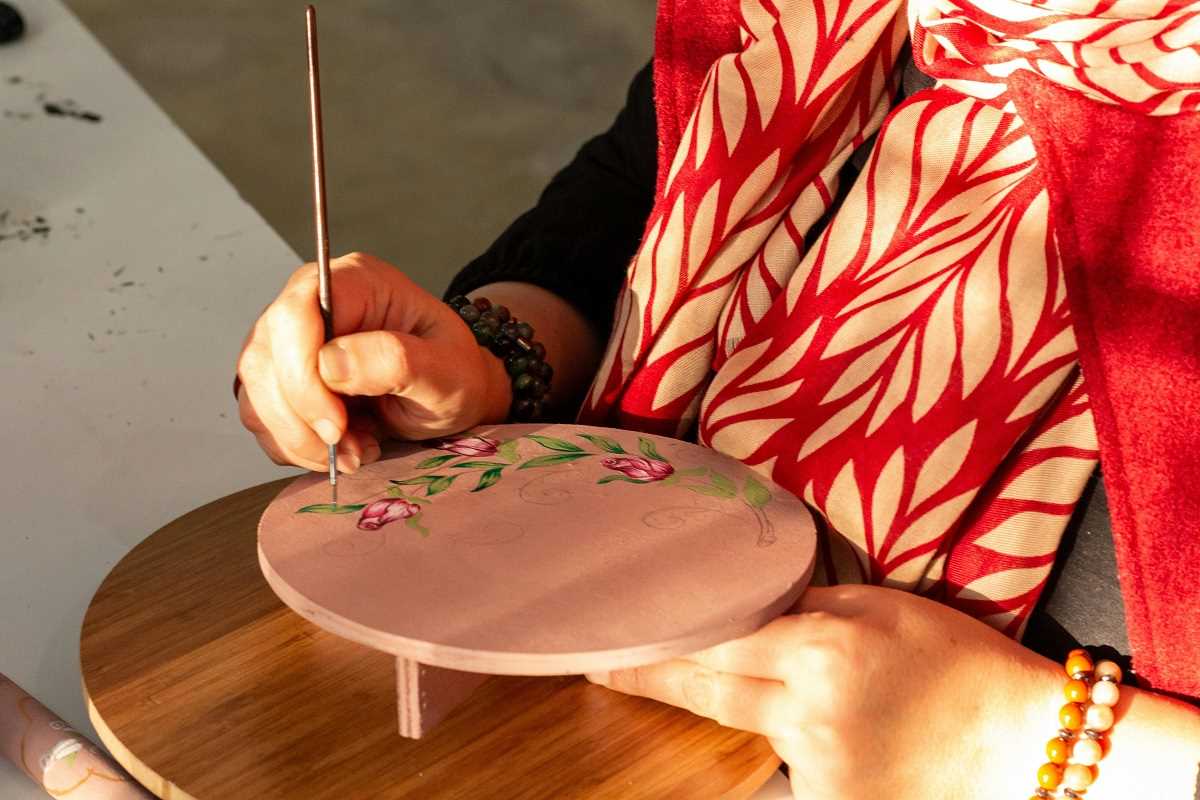Nestled among Croatia's picturesque landscapes, small villages come alive each year with vibrant music festivals that breathe life into traditional folk culture. These events serve as a testament to the resilience and passion of communities committed to preserving their heritage. Through lively performances, authentic costumes, and spirited dances, these festivals offer a window into Croatia's rich cultural tapestry, ensuring that folk traditions remain celebrated and passed down through generations.
The Historical Significance of Folk Music in Croatia
- Medieval Roots: Folk music in Croatia traces back to the medieval period, where it played a crucial role in storytelling and preserving local legends.
- 19th Century Revival: The 1800s saw a resurgence of interest in folk traditions, coinciding with the rise of nationalistic movements that aimed to define Croatian identity.
- Post-War Preservation: After World War II, individuals intensified efforts to document and safeguard folk music as a vital aspect of cultural heritage.
- Modern Integration: In recent decades, musicians have integrated folk music into contemporary genres, expanding its reach and relevance both locally and internationally.
Notable Music Festivals in Croatia’s Small Villages
Several music festivals across Croatia's small villages stand out for their unique blend of tradition and community spirit. For instance, the Varaždin Cultural Summer transforms the historic town into a hub of folk performances and artisan exhibitions every summer. Similarly, the Koprivnica Folk Fair attracts visitors with its vibrant dance troupes and traditional workshops, offering an immersive cultural experience. In the coastal village of Brač, the annual Brač Music Fest showcases a mix of local musicians and international artists, creating a dynamic exchange of folk traditions.
These festivals not only highlight the diverse musical styles found throughout Croatia but also serve as platforms for emerging artists to showcase their talents. By blending historical elements with modern influences, these events ensure that folk music remains a living, evolving art form that resonates with both older and younger generations.
The Role of Local Communities
- Organizing Committees: Volunteer groups within villages coordinate the logistics, from securing venues to managing event schedules, making sure each festival runs smoothly.
- Performers and Artists: Local musicians, dancers, and artisans actively participate, contributing their skills and creativity to enrich the festival's offerings.
- Support Services: Community members provide essential services such as hospitality, food, and transportation, creating a welcoming environment for both participants and visitors.
- Promotion and Outreach: Local organizations handle marketing and outreach efforts, utilizing social media, local media, and word-of-mouth to attract attendees.
Cultural Impact and Tourism
Music festivals in Croatia's small villages have a profound impact on both cultural preservation and tourism. They offer a unique attraction for tourists seeking authentic cultural experiences, thus boosting the local economy. These festivals also create a sense of pride and identity among residents, encouraging the continuation of traditional practices. The collaboration with international music festival collaborations further enhances cultural exchange, allowing Croatian folk traditions to influence and be influenced by global music trends.
The visibility gained through media coverage and digital platforms helps promote Croatia's cultural heritage on a larger scale. This increased exposure attracts more visitors and inspires younger generations to engage with their cultural roots, ensuring the sustainability of these traditions.
Future of Folk Music Festivals
The future of folk music festivals in Croatia looks promising, with continued efforts to innovate while staying true to traditional roots. As interest in folk culture grows globally, these festivals are likely to attract even more international attention and participation. Embracing technology and social media will play a crucial role in expanding their reach and enhancing the attendee experience. Furthermore, there is potential for increased collaboration with international artists, creating a vibrant fusion of styles that can lead to the evolution of new folk genres.
Community-driven initiatives will remain at the heart of these festivals, ensuring that they continue to reflect the authentic voices and stories of Croatia's villages. By balancing tradition with innovation, Croatian folk music festivals will not only preserve cultural heritage but also contribute to its dynamic evolution in the years to come.
As these music festivals continue to flourish, they stand as a beacon of cultural resilience and community spirit, promising a vibrant future for Croatia’s rich folk traditions.
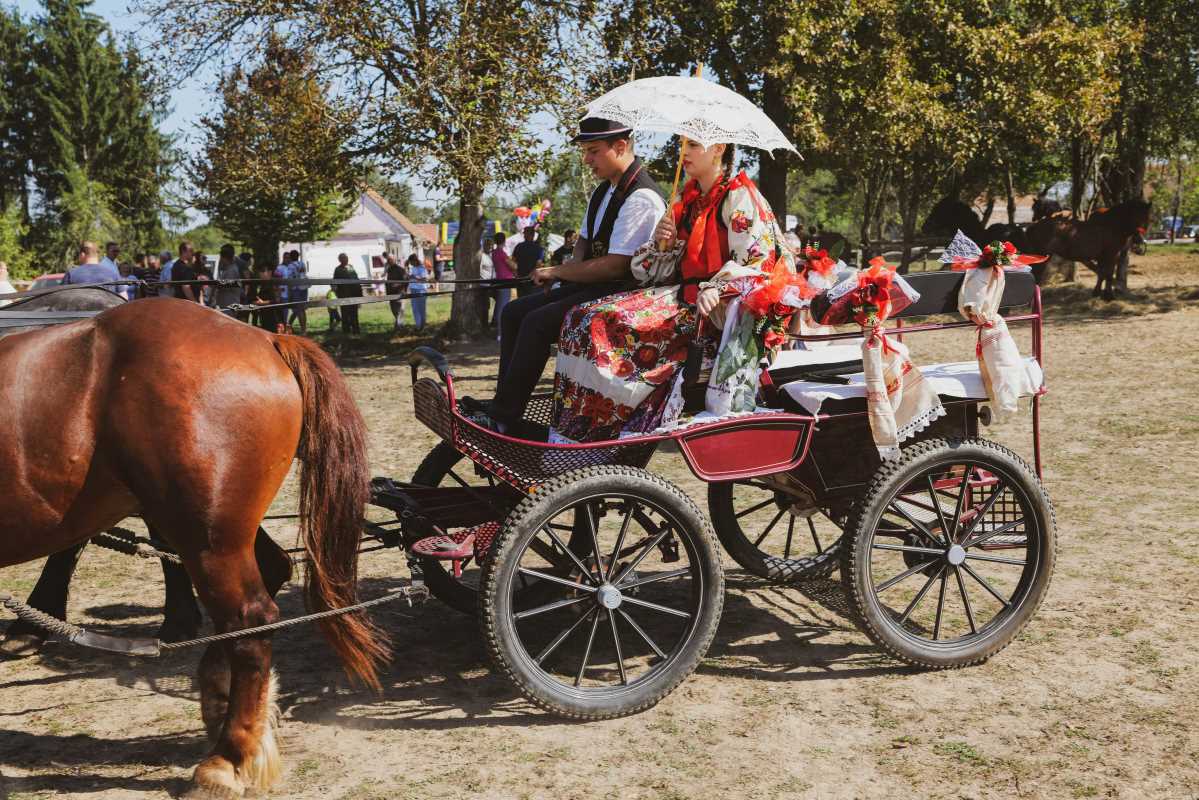 (Image via
(Image via

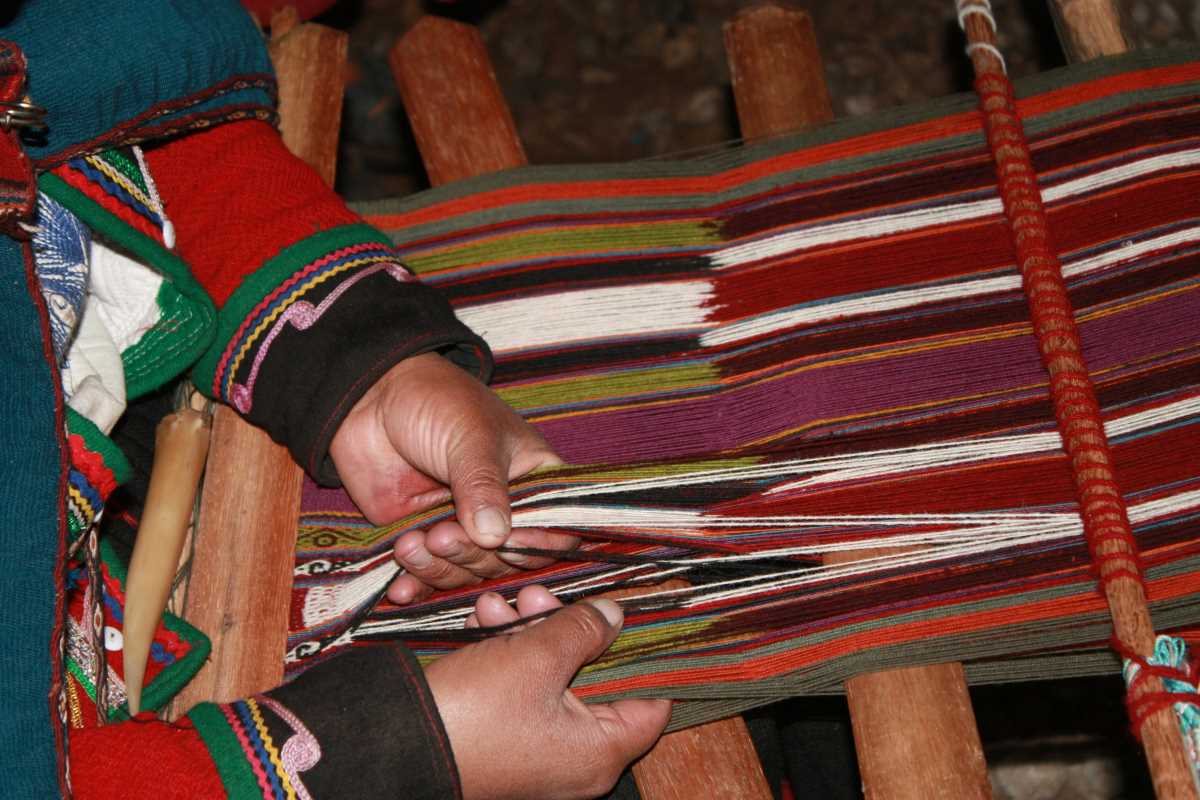
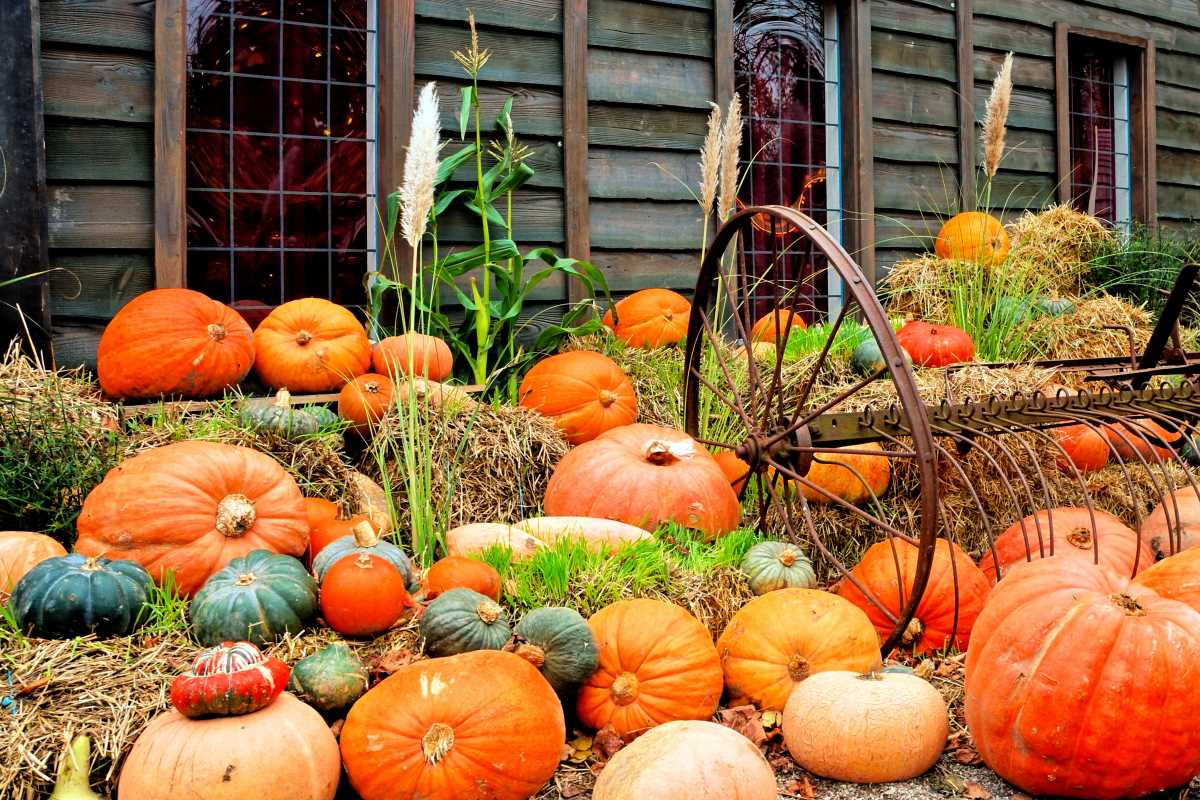
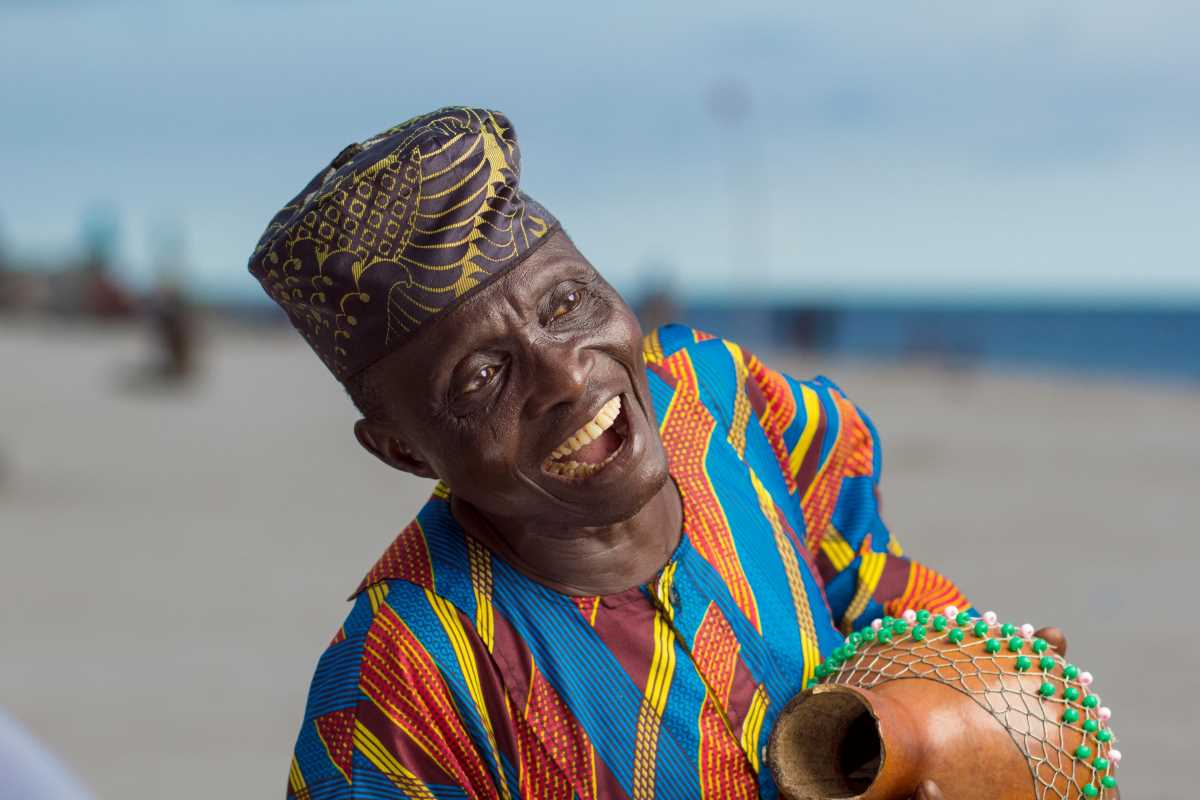
.jpg)
